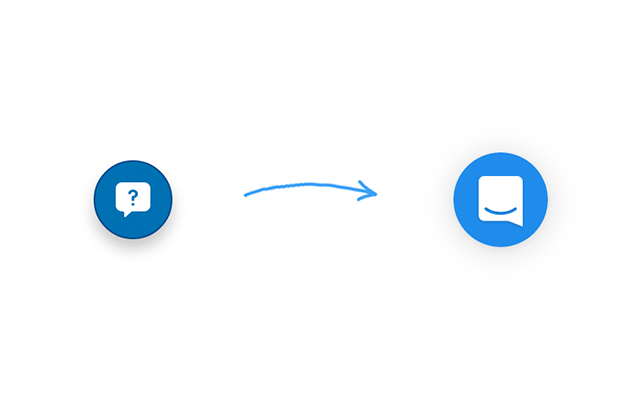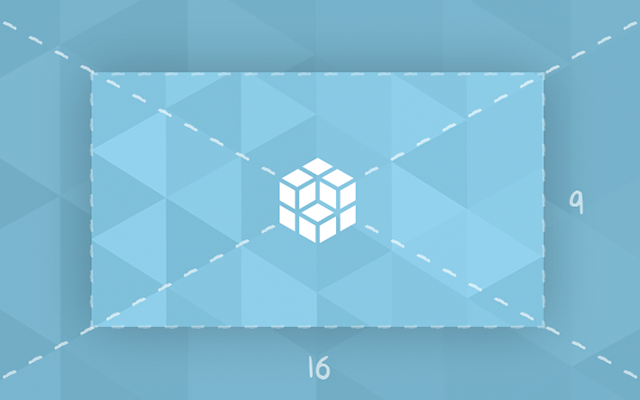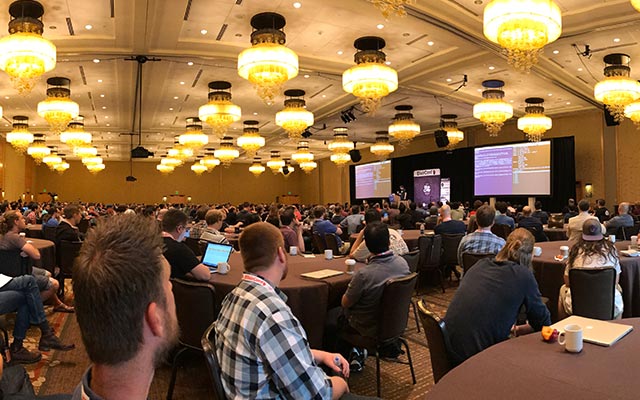Teamwork: is it redefined?
Unity is power, when there is teamwork and collaboration, wonderful things can happen.
But let’s admit it is becoming rather difficult to enhance teamwork between different generations, because every generation has a different perception of communication, and communication is vital for teamwork. Recently we had a chat with a teamwork guru __Anne Loehr and she helped us to answer the question whether teamwork is redefined by every generation.__
__M__ilda: Hey Anne, I know quite a lot about you, but could you tell our readers a bit about yourself?
__A__nne:I grew up in Ithaca, New York as the youngest of eight children. After I graduated from Cornell University’s School of Hotel Management (with an intermission to go to culinary school), I moved to Kenya where I owned and managed eco-friendly hotels and safari companies for more than 15 years. My work in Kenya left me with a deep understanding of the fact that authentic relationships are shaped by courage and respect. (You can read a little more about how I came to that understanding in the next question!)
After selling my hospitality business and returning to the U.S.A., I became a certified executive coach, facilitator and management consultant. I’ve been lucky enough to work with a lot of diverse organizations such as Facebook, US Air Force, Morgan Stanley Smith Barney, American Red Cross, Booz Allen Hamilton, John Hancock, Coca-Cola and Instagram to help their teams improve communication and deepen their working relationships. I am also a speaker and author of two books: A Manager’s Guide to Coaching: Simple and Effective Ways to Get the Best Out of Your Employees and Managing the Unmanageable: How to Motivate Even the Most Unruly Employee.
Fun fact: The Washington Post named me the “Generational Guru”.
M: How did you get into training? Why?
A: I actually never planned to get into talent development! I learned about it out of complete necessity. When I was in Africa turning around the Kenyan hotel, I become fluent in crisis management, literally facing down lions, tsunamis, rivers that carried away camp generators, and plenty of interpersonal and community conflict. I had 500 employees from different tribes. Let me tell you, tribes don’t just come together and succeed on their own. I tried to find top-quality leadership, coaching, and team effectiveness facilitators for my Kenyan employees, knowing that this would help break through tribal lines and set everyone up for success — but I couldn’t find one single program. I ended up having to educate myself in leadership and talent development. I wanted my team to succeed and there was nowhere else to turn.
By the time I came back to the U.S.A, I had developed a passion for leadership development and coaching. When deciding what to do next, talent development became the obvious choice.
M: Could you define what is teamwork for you? And why would you choose this definition?
A: The official definition of “teamwork” is the combined action of a group of people to achieve a goal. But teamwork is so much more than this! It’s about listening to people, understanding their values and purpose, creating space for them to work together well, defining clear goals, roles, process and measuring for results… then celebrating success!
M: Do you think that teamwork is being redefined (is the concept being innovated often)? Or is it lacking behind?
A: The definition of teamwork remains the same. However, people of each generation has their own lens on how they see the world, which impacts how they interact within the team. So as 40% of Baby Boomers retire within the next 10 years, team dynamics will bend more toward the communication and relationship building style of Gen X and Gen Y.
M: Does teamwork differ from generation to generation?
A: There are differences in the way each generation prefers to interact and differences in the way each generation prefers to be delegated to.
Interaction and delegation are core elements of teamwork so yes, teamwork differs from generation to generation.
However, there are three generations in the workforce now so teams will likely be made up of more than one generation. They can potentially really annoy each other if they don’t take the time to understand generational differences!
M: What would be the main differences in the way teamwork ‘works’ in different generations (Baby boomers, generation X and generation Y)?
A: Here’s a quick breakdown:
Baby Boomers love face-to-face interactions. They thrive in mass protests, mass rock concerts, and larger families. It is totally foreign to them to text, email or IM if you could be speaking face-to-face. This generation saw the power of using their voice as a group to make a difference, both at the high level and the detailed level. Not only were they able to successfully protest the lack of women’s rights at a high level, they were also able to finesse the details of policy and legislation to pass the laws needed to create their vision. This is the beauty of a Boomer. They can see both the vision and the details, and then prioritize to eventually win the battle. Some ways their teams will reflect these qualities is by having a lot of in-person meetings, setting clear high-level and low-level priorities, and being very focused on time management. Being group oriented, Baby Boomers also work well in larger teams.
Generation X can be perceived as too independent, too self focused, and too individualistic. However, I prefer to say that they are realistic and solution focused. Gen X often prefers to work alone, on their own timetable, with quick decisions and fast-results. They like to work in their own style and when they are able to, they can get a lot done. Gen X teams are most productive when small in numbers, or when they are given the opportunity to work either independently or with one other person. Between stagflation, high divorce rates, and the humiliation of both the Iran Contra crisis and the Challenger explosion, they learned early on to be resourceful and pragmatic when moving forward. Because of this, they have laser-focused delegation skills, which comes in handy for high producing teams.
Generation Y was born with a mouse in their hand so it’s no surprise that they prefer to interact virtually. To them, an IM chat or a text is the same as a face-to-face meeting. An added benefit of working together virtually is that it allows them to have more of a work/life balance, which is one of their core values. You can expect few face-to-face meetings with a Gen Y team, and instead you can expect group chats, video meetings, workflow apps and other teamwork technology. They are also used to having a voice during family meetings so their teams must be really collaborative in order to include everyone’s research (they love having all the details on the subject possible!) and opinions.
M: Is it difficult to make different generations work in same teams? Why?
A: Each person, regardless of his or her generation, is an individual so not all mixed generation teams will be difficult. There are some common communication issues I see though that can be corrected with a little training. For example, Baby Boomers can be challenged by Gen Y’s insistence on virtual communication and vice-versa. Gen X can have a hard time with both the Baby Boomers love of groups and the Gen Y’s love of being part of a community when they just want to be left alone to do their work. It’s important for everyone on the team to remember that each generation has unique contributions to offer and more diverse teams are more innovative. Their differences are an asset.
M: How do you enhance teamwork in different generations? Are there any special exercises or tools to help people to work within teams?
A: The best tool for enhancing teamwork in different generations is education. Educating employees about generational differences makes a significant impact. Once team members are aware of the different ways each generation prefers to interact, they won’t see the other’s behavior as annoying or prohibitive. They will instead find a better way to communicate with each other to reach their goals.
M: Could you tell us a secret (tip) on how to enhance collaboration between people in teams?
A: My secret tip may seem simple but it's more challenging than you might think: Listen and ask questions.
We want to thank Anne for brilliant thoughts, and explaining how communication differs between Baby Boomers, Generation X and Y representatives. Let’s not forget that we all are different but with a bit of understanding and some listening everyone can achieve great results as a team.




